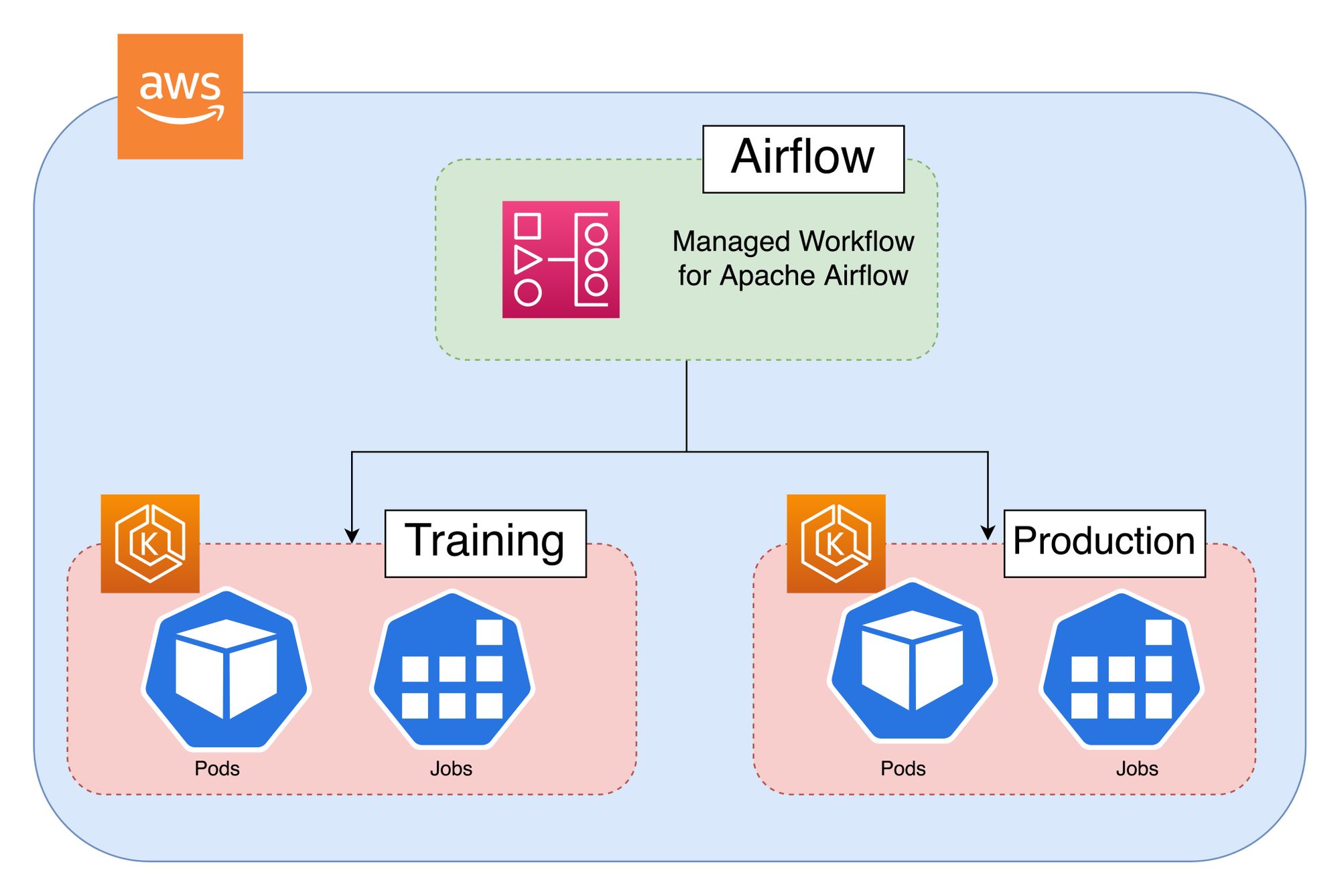
Managed Node Groups: Fully Managed ASGs Optimized for EKS.Self Managed Worker Nodes using Auto Scaling Groups and EC2 Instances.Brief Overview of EKS Architecture: Control Plane and Worker Nodes.Here is a brief outline of what we will cover: We’ll start the guide by giving a brief overview of the EKS architecture that describes why you need worker nodes in the first place, before diving into each option that AWS gives you. The goal of this guide is to give you all the information you need to decide which option works best for your infrastructure needs.

In this guide, we would like to provide a comprehensive overview of these new options, including a breakdown of the various trade offs to consider when weighing the options against each other. However, with these new choices, provisioning an EKS cluster now involves a complicated trade off of the different worker groups available to decide which one is the best for you. These features provide additional options for running your workloads on EKS beyond the self managed EC2 instances and Auto Scaling Groups (ASGs). In the past few months, AWS has released several exciting new features of EKS, including Managed Node Groups and Fargate support. Originally, EKS focused entirely on the Control Plane, leaving it up to users to manually configure and manage EC2 instances to register to the control plane as worker nodes.

AWS EKS is a managed service provided by AWS to help run these components without worrying about the underlying infrastructure. When deploying a Kubernetes cluster, you have two major components to manage: the Control Plane (also known as the Master Nodes) and Worker Nodes. Update : Managed node groups now support launch templates to give you wider range of controls! Specifically, Fargate now supports persistent volumes using EFS and log shipping. The summary table has been updated to include these. Update : Since originally writing this post, EKS Fargate has been enhanced with various features. The post has been updated to remove that limitation. Update : EKS Managed Node groups now support spot instances.


 0 kommentar(er)
0 kommentar(er)
